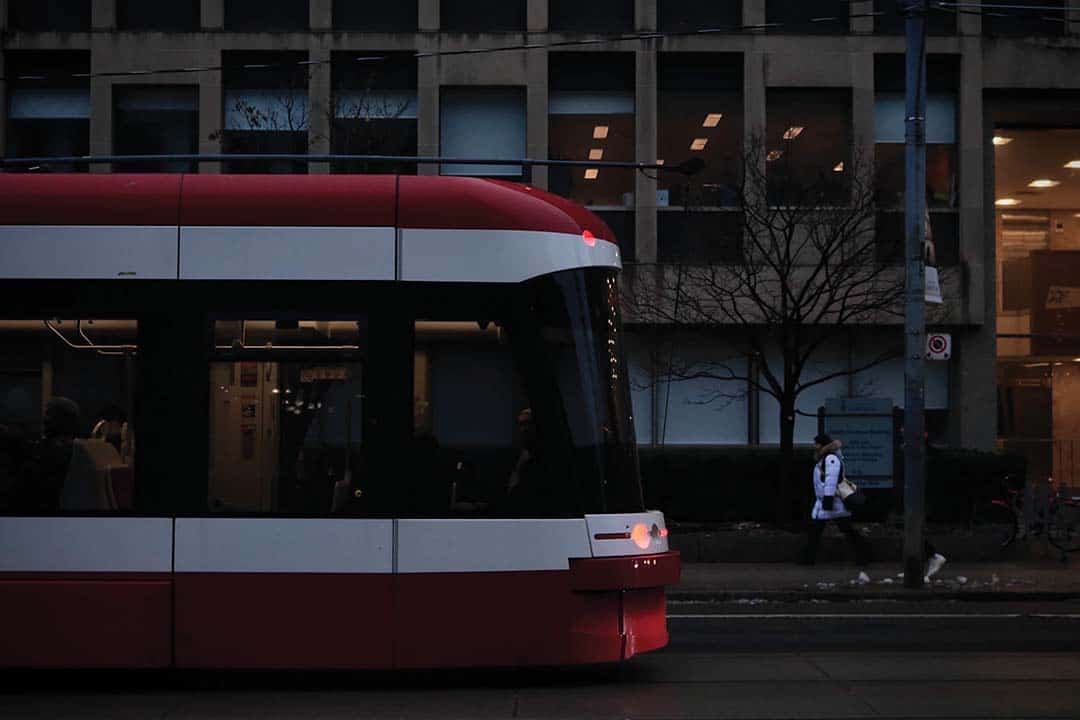As merry sounds soften and trails of gunpowder dart across the winter skies, the new year has arrived; with it, come announcements from various municipal institutions in the City concerning their monetary plans for the year ahead. Beginning on January 9, the TTC joined in on the fun and announced its 2023 budget. This year, the TTC gets to play with a budget of $2.38 billion in gross expenditure. That’s up from $2.235 billion in 2022, and considerably higher than the $2.14 billion from the pre-pandemic 2020 budget. The budget increase includes $53 million in City funding, but also comes with fare increases and a decrease in transit frequency.
Cue much tumult, pouting, and lamenting from Torontonians.
This lamentation, however, stems mostly from a misunderstanding of the new operational amendments. Curious about the change in operations, I took a look at the 2023 TTC budget release and believe that the TTC’s plans for the upcoming year are justified.
What is changing and why?
Chief among concerns for Torontonians is the modest 10 cent increase in TTC fares to $3.35, which will be applied to buses, street cars, and the subway starting in April. I believe that it is important to put this price hike into context before we criticize it. This is the first fare increase since March 2019, when an additional dime left the fare at $3.25 — where it sits now. The past two and half years have seen the value of the Canadian dollar going down and, if adjusted for inflation, the $3.25 fare price of 2020 would be worth $3.63 in 2022.
A public transport price hike of any level is always a bad thing for citizens, but it is an expected evil that must haunt transit users every few years.
Another set of common complaints among people in Toronto has been about the service decrease. Despite the city’s ongoing transition into the post-pandemic world, the TTC reports that Torontonians still aren’t back to their daily commutes measured against pre-COVID levels. The decreased frequency of transit operations is based on these measurements and is applied accordingly to different routes and during times of day when ridership is lower.
Buses, generally the least efficient and least comfortable mode of transport, see very little change in their schedules — meaning most people won’t have to wait at bus stops for much longer than they do now. Riders of the subway may notice longer wait times but, as the subway surpasses both buses and streetcars in speed and comfort, I feel that the long wait times are an excusable cost-saving measure.
Allocation, allocation, allocation
The fare increase will also help subsidize the Fair Pass Transit Discount Program, which allows low-income individuals a fare discount and ensures more equitable access to the city’s public transit operations.
I’ve described dreaded fare increases and frustrating frequency decreases on the TTC, but it seems to me that, just like the citizens, ‘Strong Mayor’ John Tory and the city council are also becoming aware of the terrifying wave of violence and danger under our streets. As such, the 2023 budget includes $4.4 million which will be dedicated to preventing and addressing safety concerns for commuters.
This $4.4 million will go directly toward hiring more TTC Special Constables and Streets to Homes outreach workers, intended to help lessen the criminal violence as well as aid in rehabilitating those who have fallen through the social safety net, and have turned to bus stops and subway stations for shelter. I believe this is a responsible and hopefully effective way to help keep our transit safe, and one that works in tandem with the budget increase for the Toronto Police Service. The change involves an increase in and reallocation of funds, much of which is dedicated to training reform and increasing the number of Neighbourhood Community Officers.
The TTC’s mandate is to provide reliable, safe, and efficient transit for Torontonians. While concerns over price increases for the services are valid, these concerns are mostly alleviated when considering today’s socioeconomic state and the needs of the current system. More spending does mean better service, safety, and quality.
Sulaiman Hashim Khan is a second-year student at St. Michael’s College double majoring in ethics, society and law and English.


